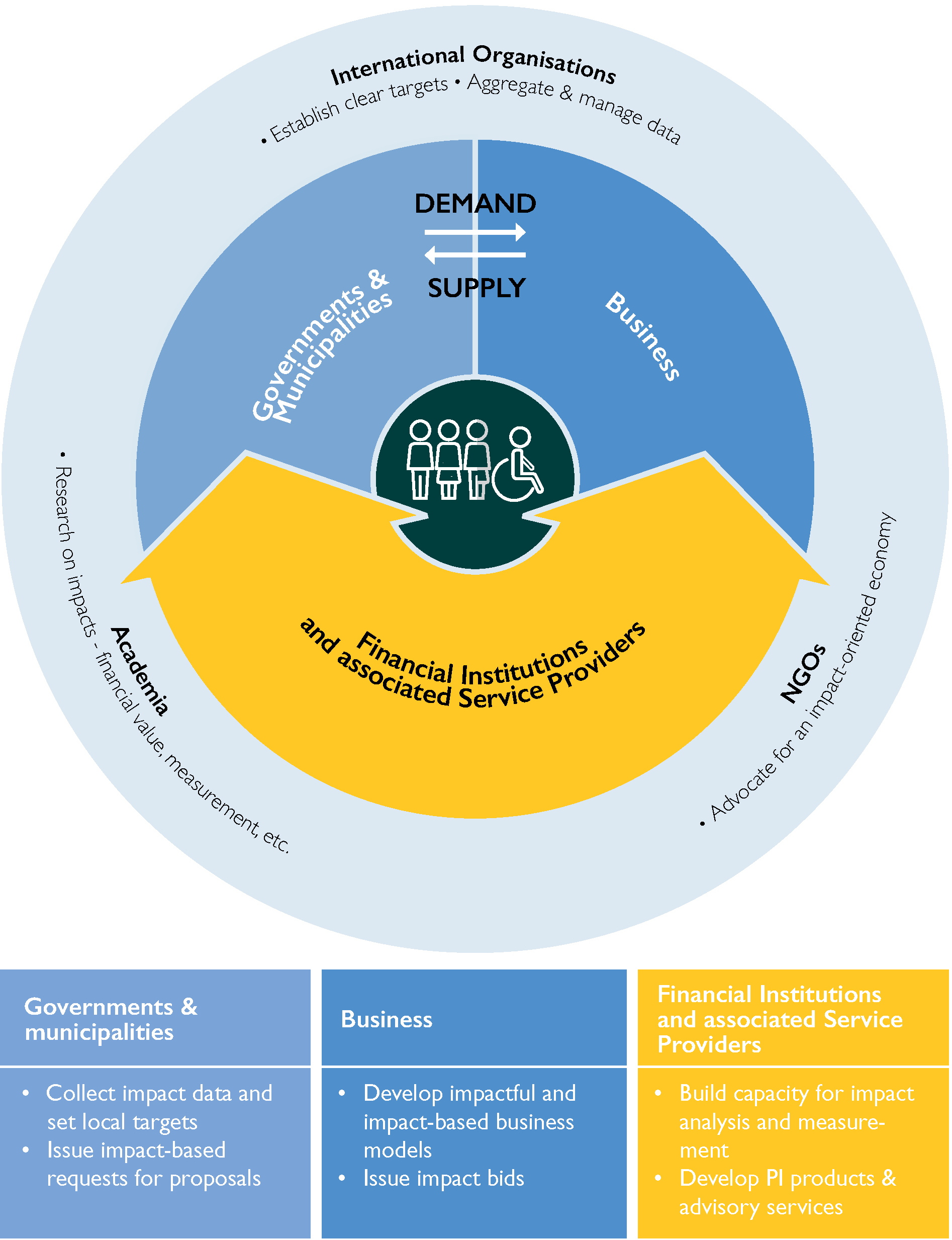Rethinking Middle Management: Their Impact On Company Culture And Performance

Table of Contents
The Impact of Middle Management on Company Culture
Middle management significantly shapes the daily experiences of employees, directly influencing company culture. Their actions ripple down, affecting everything from employee engagement to overall workplace harmony. Let's explore key areas where middle managers make a profound impact.
Fostering a Positive Work Environment
Middle managers set the tone for their teams. A positive and supportive environment, cultivated by effective communication and recognition, leads to increased employee engagement and productivity. A positive work environment translates into higher retention rates, reduced stress levels, and improved overall job satisfaction.
- Examples:
- Regular team meetings fostering open dialogue and feedback.
- An "open-door" policy encouraging approachable communication.
- Providing constructive, specific, and timely feedback, both positive and negative.
- Publicly acknowledging and celebrating team and individual successes.
Keywords: employee engagement, team morale, positive work environment, communication skills, leadership styles, employee retention, job satisfaction.
Championing Diversity and Inclusion
Middle managers play a vital role in creating inclusive workplaces where all employees feel valued and respected, regardless of background or identity. This involves actively promoting diversity and challenging unconscious biases. A diverse and inclusive workforce brings varied perspectives and fosters innovation.
- Examples:
- Implementing inclusive hiring practices that actively seek diverse candidates.
- Ensuring fair and equitable opportunities for advancement, regardless of background.
- Creating and supporting employee resource groups (ERGs) that cater to specific employee demographics.
- Providing diversity and inclusion training to raise awareness and understanding.
Keywords: diversity and inclusion, workplace equality, inclusive leadership, unconscious bias, diversity training, equity.
Managing Conflict and Promoting Collaboration
Effective middle management is key to resolving conflicts constructively and fostering a collaborative work environment. Their ability to navigate disagreements and build strong team dynamics is crucial for overall team success.
- Examples:
- Mediating disagreements fairly and impartially, focusing on solutions rather than blame.
- Promoting teamwork through clearly defined shared goals and collaborative projects.
- Utilizing conflict resolution techniques such as active listening and compromise.
- Encouraging open communication to prevent small issues from escalating into larger conflicts.
Keywords: conflict resolution, teamwork, collaboration, communication strategies, team building, mediation, conflict management.
The Impact of Middle Management on Company Performance
Middle management's influence extends beyond company culture; it directly impacts the bottom line through productivity, employee development, and innovation.
Driving Productivity and Efficiency
Middle managers are responsible for translating strategic goals into actionable plans and ensuring their teams have the resources and support needed to succeed. Their ability to manage workloads, delegate effectively, and monitor progress is crucial for maximizing team output.
- Examples:
- Setting clear, measurable, achievable, relevant, and time-bound (SMART) objectives for each team member.
- Delegating tasks effectively, matching skills and responsibilities to individual strengths.
- Regularly monitoring progress, identifying bottlenecks, and providing timely support.
- Providing regular performance feedback, focusing on both achievements and areas for improvement.
Keywords: performance management, productivity, efficiency, goal setting, delegation, project management, SMART goals.
Developing and Mentoring Employees
Investing in employee development is crucial for both individual and organizational growth. Middle managers play a key role in identifying talent, providing training opportunities, and mentoring team members.
- Examples:
- Identifying training needs based on individual performance and career aspirations.
- Providing coaching and mentorship to help employees develop their skills and advance their careers.
- Facilitating professional development opportunities, such as workshops, conferences, and online courses.
- Creating a culture of continuous learning and improvement within the team.
Keywords: employee development, talent management, mentorship, leadership development, training programs, career development, succession planning.
Facilitating Innovation and Adaptability
Effective middle managers encourage innovation and help their teams adapt to change. They create an environment where new ideas are welcomed, and experimentation is encouraged.
- Examples:
- Promoting open communication of ideas, encouraging employees to share their thoughts and suggestions.
- Encouraging calculated risk-taking and experimentation to foster innovation.
- Embracing new technologies and methodologies to improve efficiency and effectiveness.
- Fostering a culture of continuous improvement, actively seeking feedback and implementing changes.
Keywords: innovation, change management, adaptability, continuous improvement, agile methodologies, creative thinking, problem-solving.
Conclusion
Rethinking middle management is not about eliminating a layer of the organization; it's about transforming it. By focusing on fostering a positive company culture, driving performance through effective leadership and employee development, and embracing innovation, organizations can unlock the full potential of their middle managers. Investing in training programs for middle management focused on leadership skills, communication, and conflict resolution is crucial. By actively developing and supporting your middle management team, you're investing in the future success of your entire organization. Embrace the power of effective middle management and watch your company thrive. Invest in your middle management team today—it's an investment in your company's future success.

Featured Posts
-
 Tyler Herro Edges Buddy Hield To Win Nba 3 Point Contest
Apr 24, 2025
Tyler Herro Edges Buddy Hield To Win Nba 3 Point Contest
Apr 24, 2025 -
 Dollar Rises Trumps Softened Tone On Fed Chairman Powell Boosts Usd
Apr 24, 2025
Dollar Rises Trumps Softened Tone On Fed Chairman Powell Boosts Usd
Apr 24, 2025 -
 Tarantinov Tabu Film S Johnom Travoltom Koji Izbjegava
Apr 24, 2025
Tarantinov Tabu Film S Johnom Travoltom Koji Izbjegava
Apr 24, 2025 -
 V Mware Costs To Skyrocket At And T Details 1 050 Price Hike From Broadcom
Apr 24, 2025
V Mware Costs To Skyrocket At And T Details 1 050 Price Hike From Broadcom
Apr 24, 2025 -
 Us Stock Futures Surge Trumps Powell Comments Boost Markets
Apr 24, 2025
Us Stock Futures Surge Trumps Powell Comments Boost Markets
Apr 24, 2025
